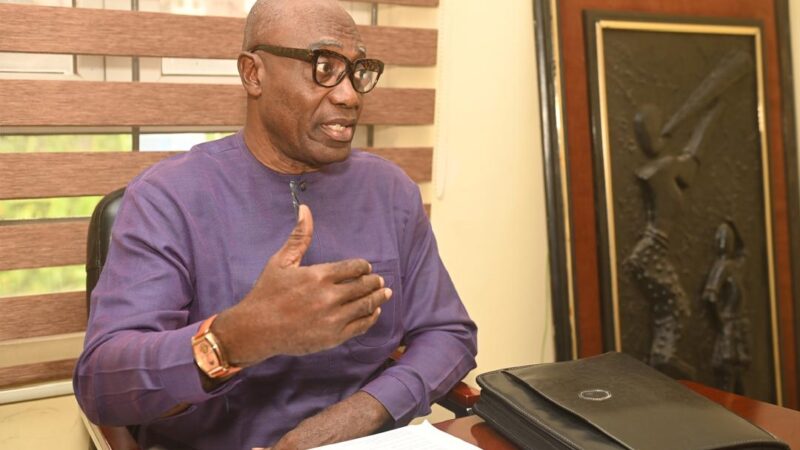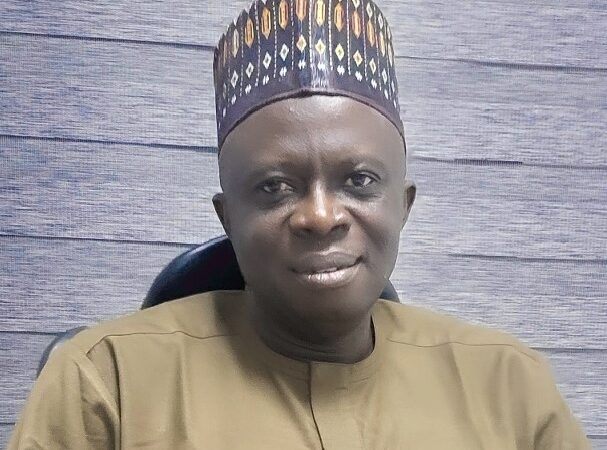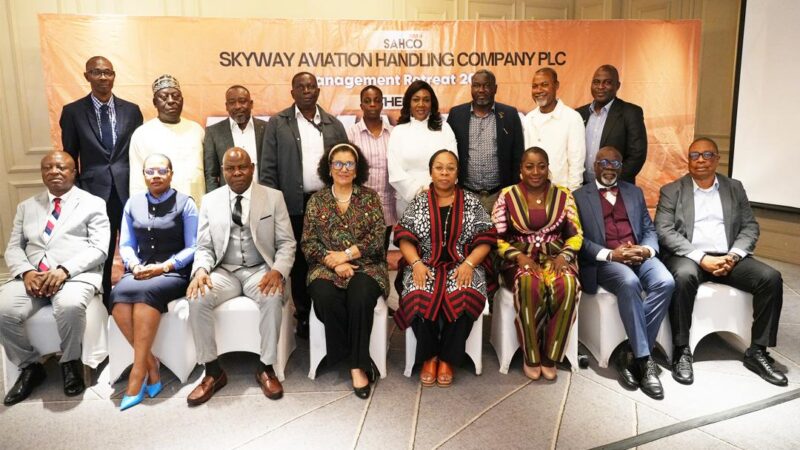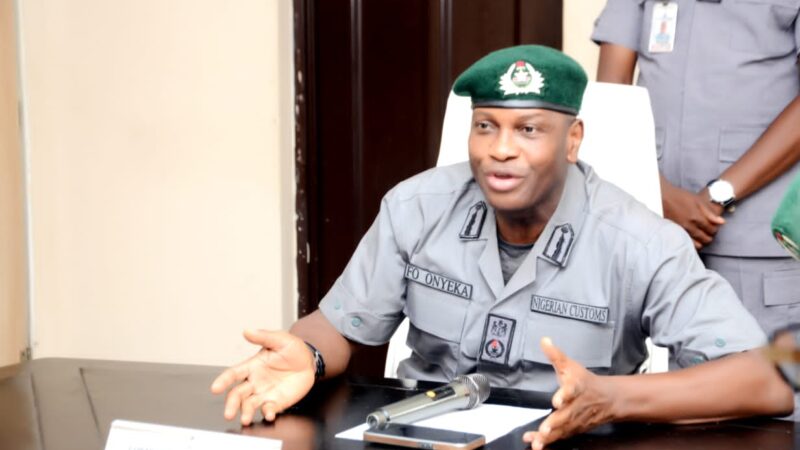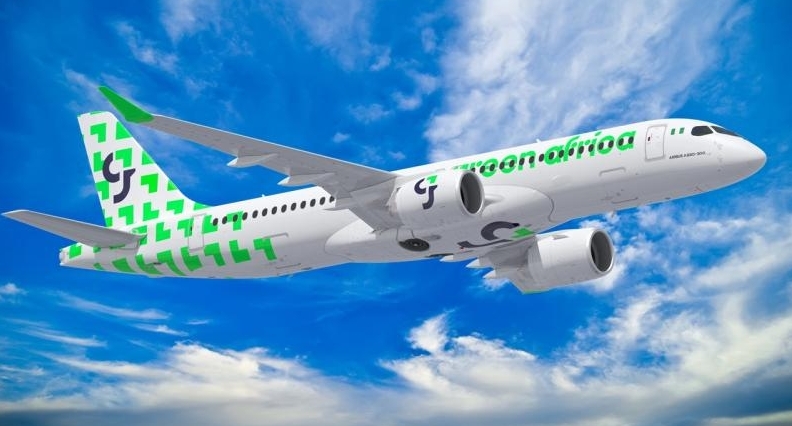NiMet Urges Integration of Weather Protocols into Multimodal Transport Safety Framework
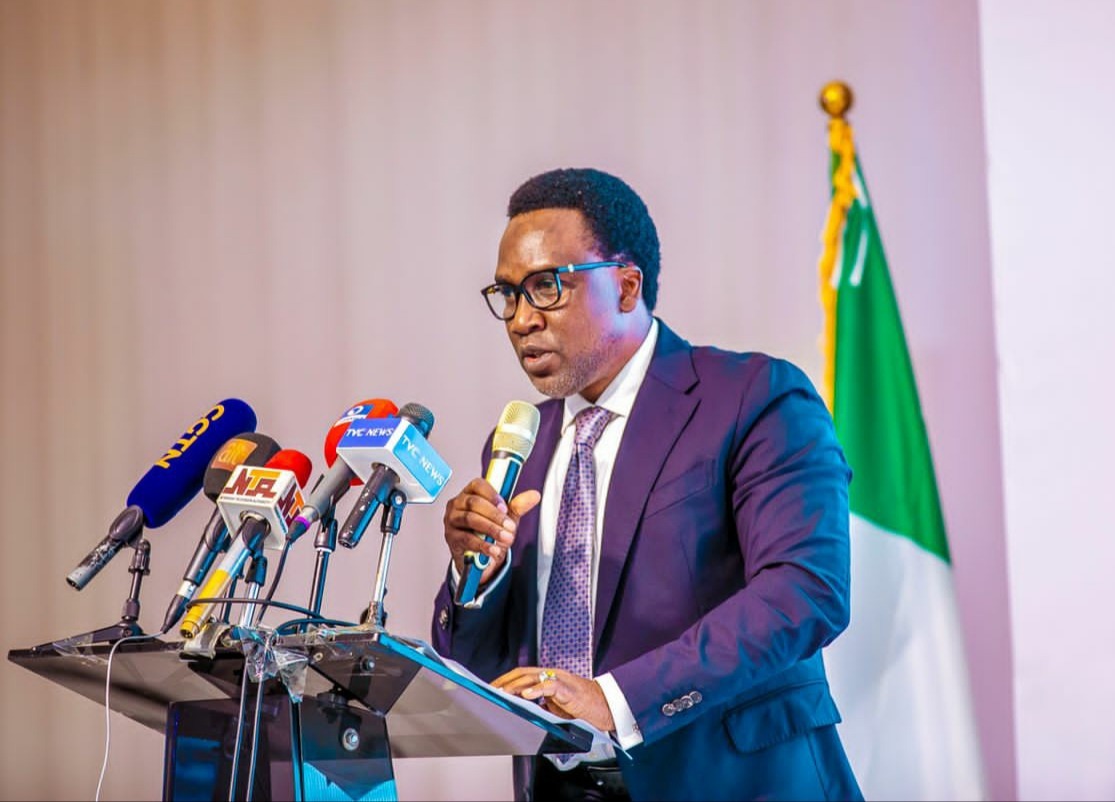
…Anosike says meteorology must underpin evolving national regulations for safer transport systems
The Director-General and Chief Executive Officer of the Nigerian Meteorological Agency (NiMet), Professor Charles Anosike, has called for the urgent incorporation of weather-related protocols into Nigeria’s multimodal transportation regulatory framework.
Professor Anosike made this call while addressing participants at the Multimodal Stakeholders’ Workshop organised by the Nigerian Safety Investigation Bureau (NSIB) on Wednesday, 31st July 2025, in Abuja.
The workshop brought together key players in the transport and safety sectors to deliberate on strategies for improving transport safety across land, rail, maritime, and aviation modes.
Highlighting the undeniable influence of meteorological factors on all modes of transport, Professor Anosike stated that weather is a critical determinant of safety, efficiency, and resilience in the national transportation ecosystem.
He noted that the failure to adequately account for weather implications in regulatory policies could expose the country’s infrastructure and commuters to unnecessary risks.
“All modes of transportation—land, rail, sea, and air—are significantly impacted by weather conditions,” Anosike observed. “Understanding the interplay between meteorology and multimodal transport is essential for building a robust and reliable transport system in Nigeria.”
The NiMet boss reaffirmed the agency’s dedication to providing accurate, timely, and decision-relevant weather information that supports national safety objectives.
He advocated for the deliberate embedding of weather considerations in the country’s evolving safety regulations, especially in light of the NSIB’s expanding mandate that now encompasses all transport modes.
Commending the NSIB for convening the strategic engagement, Professor Anosike lauded the bureau’s commitment to aligning Nigeria’s safety regulations with international best practices through inclusive stakeholder collaboration.
He expressed optimism that the workshop’s deliberations would yield actionable, context-specific outcomes that strengthen the safety architecture of Nigeria’s transport sector.
“With NiMet’s support, we believe the integration of weather protocols into the multimodal regulatory framework will significantly reduce risks, enhance resilience, and ensure the efficient movement of people and goods nationwide,” Anosike concluded.
The workshop marked another milestone in Nigeria’s effort to modernise and harmonise its transportation safety strategies, bringing meteorology into the spotlight as a core component of national infrastructure planning and operational safety.


